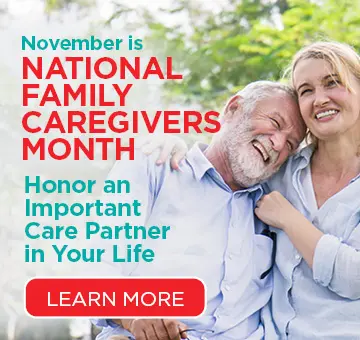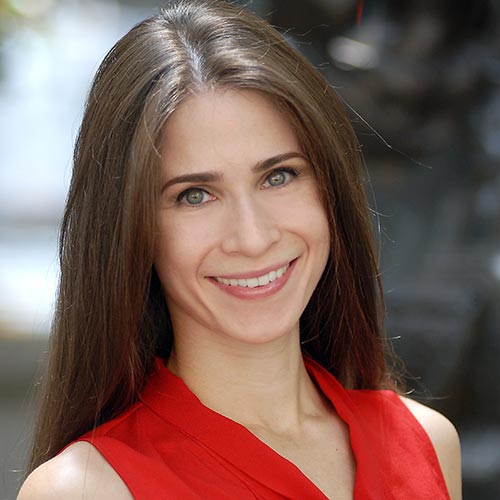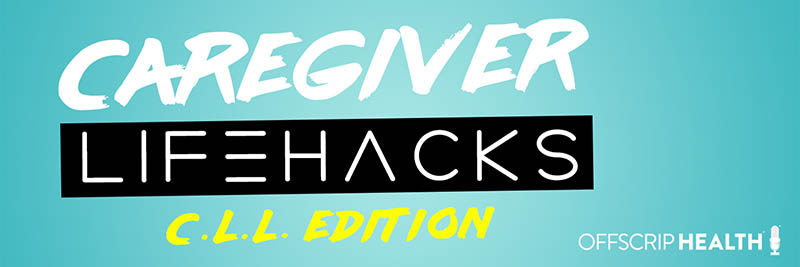Home » Living With CLL » Caregivers
CLL / SLL Caregivers
CLL Society recognizes that caregivers are the unsung heroes of the CLL journey. This is their place.
FEATURES
National Family Caregivers Month
 Care Partners provide vital support, emotional and physical, to those of us living with chronic lymphocytic leukemia (CLL) or small lymphocytic lymphoma (SLL). We asked patients to tell us the most important thing their care partner has done to help them on their journey with cancer. Let’s show our care partners how grateful we are to have them in our lives. Learn more.
Care Partners provide vital support, emotional and physical, to those of us living with chronic lymphocytic leukemia (CLL) or small lymphocytic lymphoma (SLL). We asked patients to tell us the most important thing their care partner has done to help them on their journey with cancer. Let’s show our care partners how grateful we are to have them in our lives. Learn more.
CLL Society Webinar On Demand:
Giving Care to the Caregiver
 Too often, caregivers can feel invisible, as the patient’s physical and emotional journey is the central story, and yet caregivers are vital in addressing challenges and providing support. Join CLL Society and Dr. Allison J. Applebaum in learning about the amount of time that caregivers dedicate to this role, the different types of stress and burdens experienced by caregivers, and how to address these issues. Watch now.
Too often, caregivers can feel invisible, as the patient’s physical and emotional journey is the central story, and yet caregivers are vital in addressing challenges and providing support. Join CLL Society and Dr. Allison J. Applebaum in learning about the amount of time that caregivers dedicate to this role, the different types of stress and burdens experienced by caregivers, and how to address these issues. Watch now.
Caregiver Lifehacks: CLL Edition Podcast
CLL Society and OffScrip Health partnered to produce this three-episode podcast series that provides a home for the often-unspoken thoughts and feelings of the caregiver experience.
In this edition, our guests provide a range of care for loved ones with chronic lymphocytic leukemia (CLL). When it comes to caring for those with CLL, the experts in the field are not necessarily professionals. More likely, the real experts are the unpaid, unheralded loved ones and family members who are thrust into action. According to a recent study from AARP, one in five Americans are unpaid family caregivers, and we wanted to hear from them.
In an intimate roundtable format, we talk to the husbands, wives, parents, and children of people who have CLL. They share with us all of the various ways that they provide care. They talk about their high points, their low points, and everything in between—sometimes sad, mostly funny, always real emotions and authentic experiences. Listen now.
ADDITIONAL READING


















